When Love Gets Complicated: 20 Smart Ways to Handle the Friend-Ex Dilemma
Let’s set the scene. You’ve met someone amazing. The chemistry? Off the charts. But there’s just one teeny, tiny catch: They used to date your friend. (And not just some random friend—you know, your actual friend.) Welcome to the emotional gymnastics of the friend-ex dilemma.
It’s confusing. It’s awkward. And no matter what path you take, someone’s going to feel some kind of way. But guess what? It doesn’t have to be a social implosion. Here are 20 smart, thoughtful, and self-respecting ways to navigate the wild territory of falling for someone your friend once loved.
1. Check Your Motives—Seriously
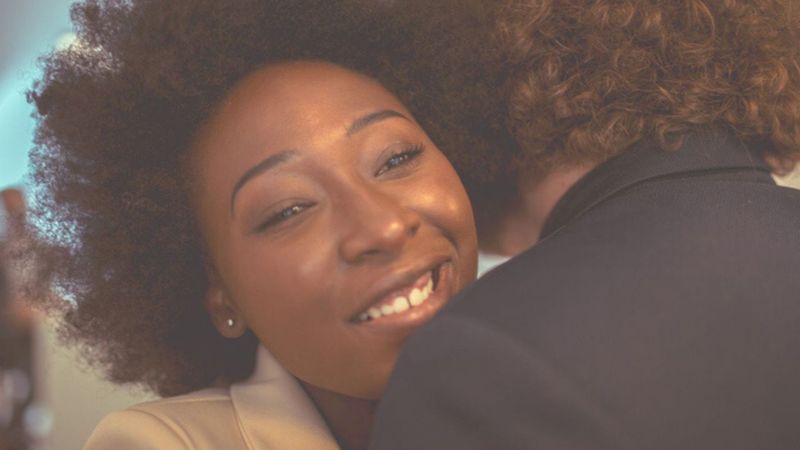
You know those moments when you catch yourself daydreaming about someone? Pause for a sec and ask: is this genuine, or am I just swept up in the thrill because it feels a little forbidden? Sometimes, the idea of sneaking around with your friend’s ex is more of a plot twist than a real connection.
Be brave enough to look at your heart and motives. Drama can be addictive, but lasting happiness rarely starts there. Are you feeling seen and valued, or just caught up in the chase?
Trust me, saving yourself from unnecessary mess can feel like dodging a bullet. The right relationship should feel like a safe place, not a reality show. If you’re only here for excitement, maybe it’s time to step back and give yourself a reality check.
2. Ask Yourself: How Close Am I to This Friend, Really?

Not all friendships are built the same. Is she your brunch-every-Saturday soul sister, or more of a friend-of-a-friend you see at group hangs? The weight of dating an ex depends hugely on the depth of your connection.
Por vezes, what feels like betrayal in one friendship is just awkward in another. If this person is your emergency-contact-level friend, you owe her more caution and respect. Don’t pretend there’s no difference between a bestie and someone who once tagged you in a meme.
It’s not about ranking people, it’s about honesty. Think hard about what this relationship means to you—and to her. The closer you are, the more delicate the dance. Respect that.
3. Find Out How It Ended
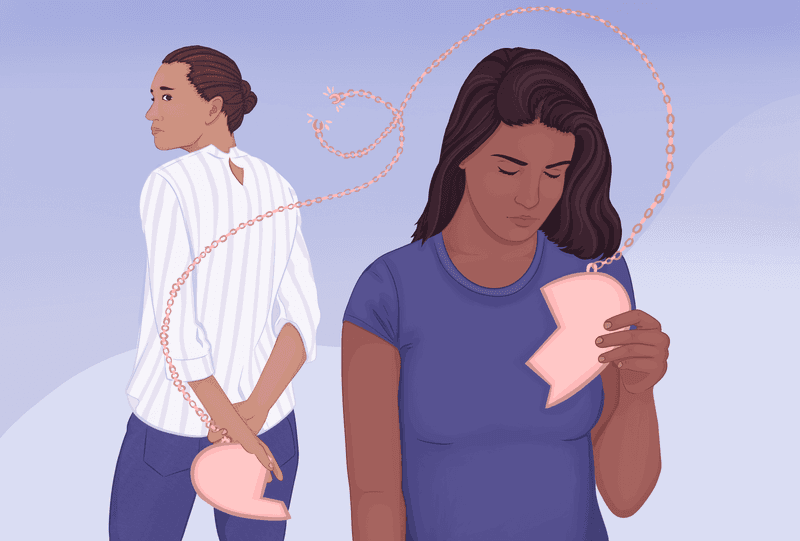
Breakups aren’t all created equal. Some couples part ways with hugs and mutual respect, while others leave behind hurt feelings and stories best saved for wine nights. How the relationship ended between your friend and their ex? That’s your context, right there.
If it was a dramatic split, tread lightly—old wounds heal slowly and might reopen with just a whisper. But if they broke up months ago and both have moved on, maybe there’s room for something new.
Don’t just guess—ask. And really listen. The past matters, especially if you’re thinking about stepping into it. Knowing the story helps you avoid becoming the villain in someone else’s breakup saga.
4. Ask If Your Friend Still Has Feelings

It’s scary, but you need to know: does your friend secretly wish things weren’t over? Unfinished business can turn a new romance into emotional quicksand.
Bringing up old feelings isn’t fun, but it’s necessary. If your friend is still hoping for a reunion, getting involved could shatter trust and feelings. Sometimes, people mask their pain with jokes or bravado, so read between the lines.
Don’t shy away from uncomfortable truths. If your friend admits she’s not over her ex, maybe it’s not the right time—or person—for you. Real friendship means putting honesty over convenience.
5. Talk to Your Friend Before Anything Happens

Ever had someone drop a bombshell on you out of nowhere? Don’t be that person. If you’re serious about an ex, talk to your friend before things go public. Secrets have a way of exploding at the worst times.
Show some respect by giving her a heads-up. It’s not about asking permission so much as acknowledging that her feelings matter. Honesty, even when awkward, is the grown-up move.
Plus, you’ll sleep better knowing you didn’t sneak around. Friendships survive honesty way better than they do betrayal. Start tough conversations with kindness, and you might be surprised by the understanding you find.
6. Be Ready for an Honest Reaction (Not the One You Want)

Sometimes, you brace yourself for drama and get…silence. Or maybe you hope for chill vibes and get a tidal wave of upset. Remember, your friend’s reaction is hers to own, not yours to script.
You might hear words like “it’s fine,” but body language rarely lies. If she’s hurt, let her feel it. Don’t try to fix or hurry her through her emotions.
Friendship means making space for messy feelings. It’s not your job to control someone else’s response—just to be honest and compassionate. Accept her real reaction, even if it stings. That’s how grown women do it.
7. Don’t Use “We Can’t Help Who We Love” as a Free Pass
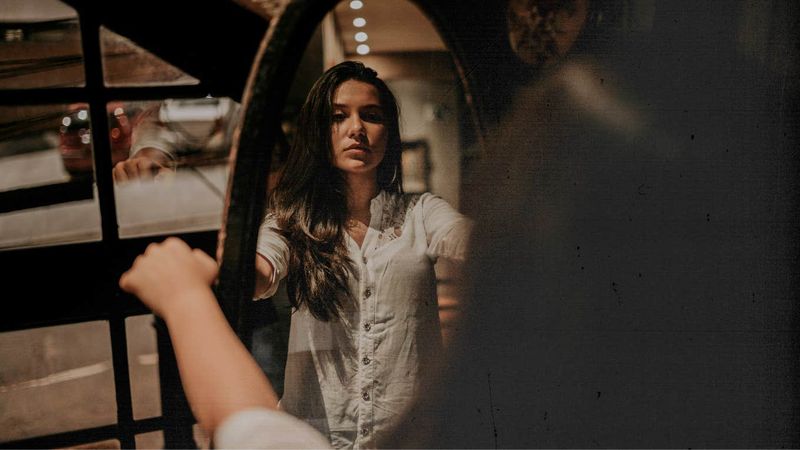
Let’s be real: chemistry is wild, but how you act is your call. Throwing your hands up and saying “I can’t help it” doesn’t let you off the hook. Love is powerful, but so is self-control.
Choosing to pursue something that might hurt a friend? That’s a decision, not destiny. It’s tempting to hide behind the idea of fate, but genuine connections don’t need to be built on excuses.
Own your choices, including the fallout. Accountability is attractive, and so is the ability to be honest about uncomfortable realities. Don’t use romance as a shield from responsibility.
8. Consider the Timeline—It Matters More Than You Think
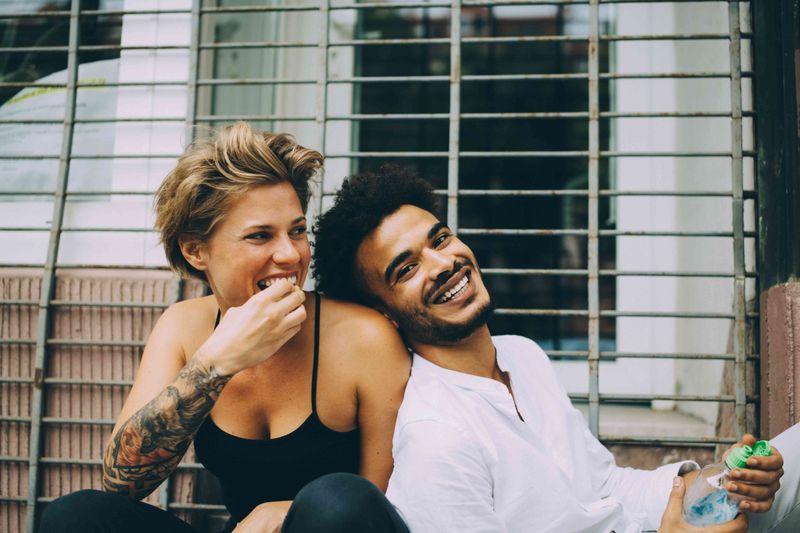
Timing can turn a soap opera into a regular Tuesday. If you’re moving in three weeks after a breakup, expect drama. But if years have passed and everyone’s genuinely moved on, things might feel different.
People need room to heal and reset. Starting something new too soon is like picking at a scab—messy and slow to heal. The longer the gap, the less likely you’ll accidentally stir up fresh pain.
So, check your calendar before your heart races ahead. Sometimes, patience is the kindest move you can make for everyone involved.
9. Keep It Private—At First
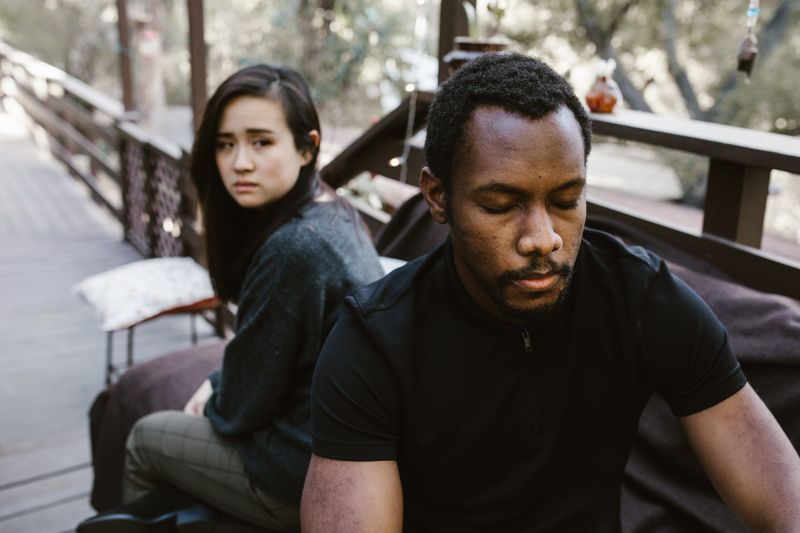
You know how grandma always told us not to air our dirty laundry? This is the time to listen. If you and the ex decide to give things a go, keep it on the down-low at first.
Skip the social media parade and matching selfies for now. Let the newness breathe away from public eyes. This gives everyone, including you, time to process and adjust.
Protect your own peace by not inviting outside commentary. There’s plenty of time for double dates and group pics once things are stable. Privacy can be a real gift at the start.
10. Expect Social Fallout, and Own It
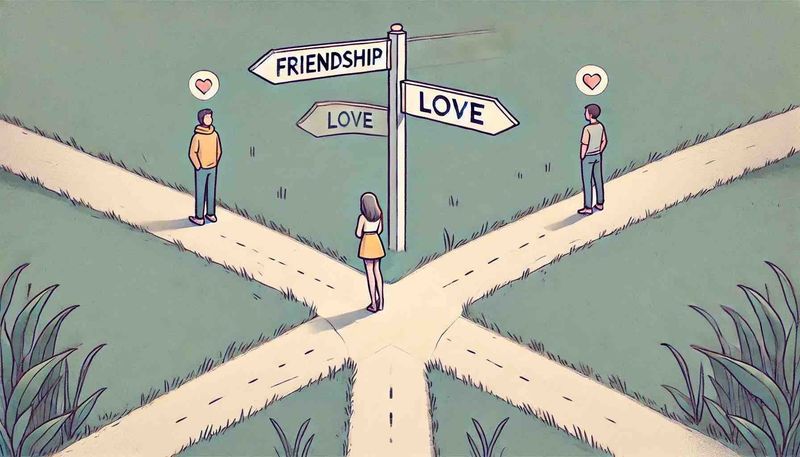
People have thoughts, and trust me, they’ll share them. Dating your friend’s ex is a guaranteed topic at brunch, in group chats, maybe even at yoga. Some folks will judge or pick sides—and you can’t control it.
You don’t owe the world your explanation, but you do have to own your choices. If things get awkward, stand tall and remember why you made this decision. Confidence is magnetic, especially when you’re honest about your reasons.
Not everyone will get it, and that’s okay. The right people care more about your happiness than about gossip.
11. Ask Yourself: Would I Be Okay If the Roles Were Reversed?

Sometimes the best gut check is flipping the script. If your friend dated your ex, would you be chill or ready to throw your phone? That answer tells you a lot.
If you’d feel betrayed, jealous, or plain weird, don’t shrug it off when you’re the one in the driver’s seat. Empathy keeps things fair. It’s not about guilt—it’s about understanding.
Being honest with yourself prevents accidental double standards. Relationships are a two-way street, even when the signs are confusing.
12. Acknowledge the Weirdness—Don’t Pretend It’s Not There

Sometimes, the only thing more awkward than a love triangle is pretending it’s not happening. Everyone feels the tension, so don’t gloss over it or act like this is totally normal.
It’s okay to call out the weirdness with a little humor or honesty. Saying “Yeah, this is kind of awkward” can actually break the ice and make things easier. Pretending everything’s fine just turns awkward into uncomfortable.
Transparency matters. The more real you are, the faster everyone can adjust or move on. Don’t hide the elephant in the room—name it, then move forward.
13. Make Peace With the Fact That You Might Lose That Friendship

Here’s the tough pill: sometimes, loving someone means losing someone else. If the relationship is worth it, the friendship might not survive. That hurts—and it’s okay to feel sad about it.
Instead of pretending you can keep everyone, be honest about the risk. Some friendships can weather any storm; others break under new pressure. Grieving a friendship is valid, even if you made the right call for yourself.
Letting go with respect beats clinging to what’s already broken. Give yourself space to mourn, but also to grow. Sometimes, that’s part of choosing yourself.
14. Stay Humble, Not Defensive

It’s easy to snap back with, “You’re just jealous!” when things get tense. But staying humble means hearing criticism without getting prickly. Defensiveness just adds fuel to the fire you’re trying to avoid.
Try responding with kindness—even if you’re misunderstood. A little humility goes a long way. It shows you’re secure in your decision and still care about the impact.
Staying open and grounded sets a better example than playing offense. Nobody ever looked back and regretted being the bigger person.
15. Keep the Relationship Drama-Free and Private

Some relationships need the spotlight, but not this one—at least not right away. Steer clear of messy group hangouts, subtweets, or public declarations. The less chaos you invite, the more genuine space you create.
It’s not about hiding, it’s about protecting what’s new. No one needs to see your every move, especially when emotions are still fresh all around.
Think of privacy as your relationship’s safe zone. Quiet happiness beats social media fireworks any day.
16. Don’t Force Anyone to Be “Cool With It” on Your Timeline

Healing doesn’t happen on schedule. Your friend might need weeks, months, or never to be okay with your new relationship. That’s real life, not a romcom montage.
Avoid pushing for forgiveness or acceptance just because you’re ready to move on. Everyone processes at their own pace, and pressure just makes things worse.
Give space, offer patience, and let time work. Sometimes, the kindest thing you can do is wait—really wait—for people to come around, if they ever do.
17. Talk to a Neutral Third Party (Not Mutual Friends!)

You know what’s worse than group chat drama? Dragging mutual friends into your dilemma. If you need clarity, seek out someone totally outside the circle—like a therapist, coach, or older family member.
Venting to a neutral party keeps things from spinning into gossip or alliances. Plus, a fresh perspective can help you see blind spots or hard truths.
Sometimes, an outsider’s wisdom is exactly what you need to make a decision that feels good in your gut, not just in the moment.
18. Watch for Red Flags—Especially From the Ex

Here’s a little secret: sometimes, the drama isn’t about you or your friend—it’s about the ex. If your new love is egging on fights, gossiping, or pitting people against each other, that’s a neon warning sign.
Are they thriving on chaos? Do they keep bringing up the past? Trust your gut if something feels off. Red flags are called that for a reason.
Don’t ignore shady behavior just because you want things to work. People show you who they are—believe them the first time.
19. Give Yourself Permission to Walk Away If It Feels Too Messy
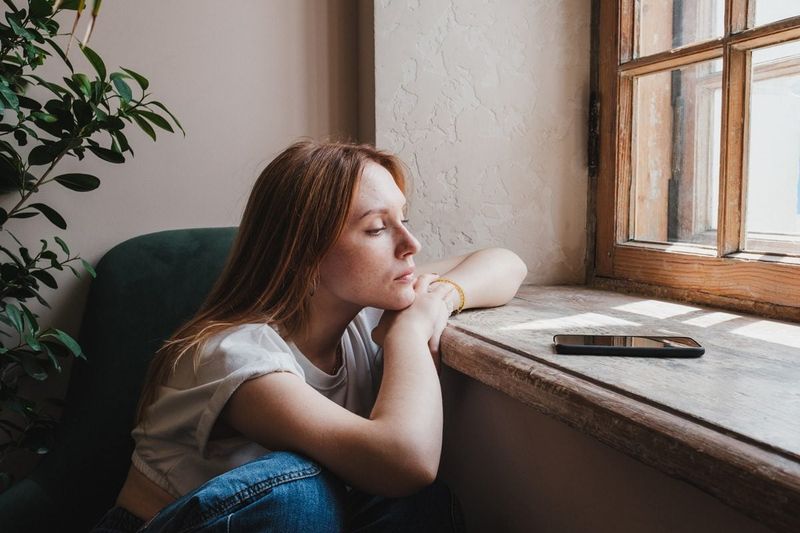
Fantasy is fun, but real life gets messy. Sometimes, you realize the stress, guilt, or drama isn’t worth the late-night butterflies. There’s no shame in saying, “This is too much for me.”
Walking away can feel like giving up, but it’s actually a sign of self-respect. If you’re losing sleep or questioning your values, it’s okay to hit pause.
Your peace matters more than anyone else’s expectations. You’re allowed to change your mind—even if it disappoints someone for a while.
20. If You Stay Together—Build Something Worth the Chaos

If you’re going to walk through fire for someone, make sure it’s for love, not just infatuation. All the drama is only worth it if what you’re building has honesty and real connection.
Invest in good communication, respect, and laughter. Build your own story—one you’d be proud to tell, even if it started a little messy.
Let the happy moments be private and the hard talks be honest. If you’re doing this, let it be for something real and lasting—not just because you could.







